Understanding SBA Loans for Commercial Real Estate
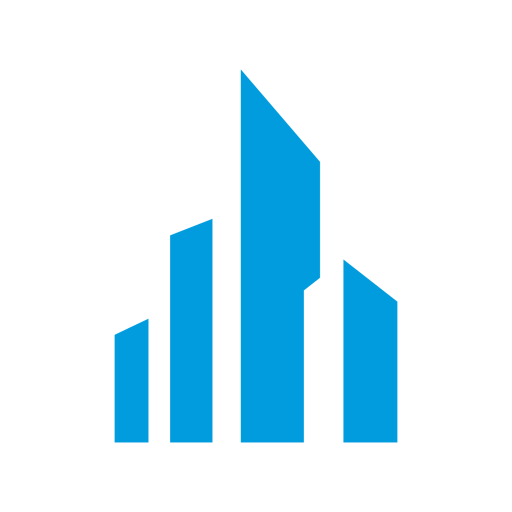
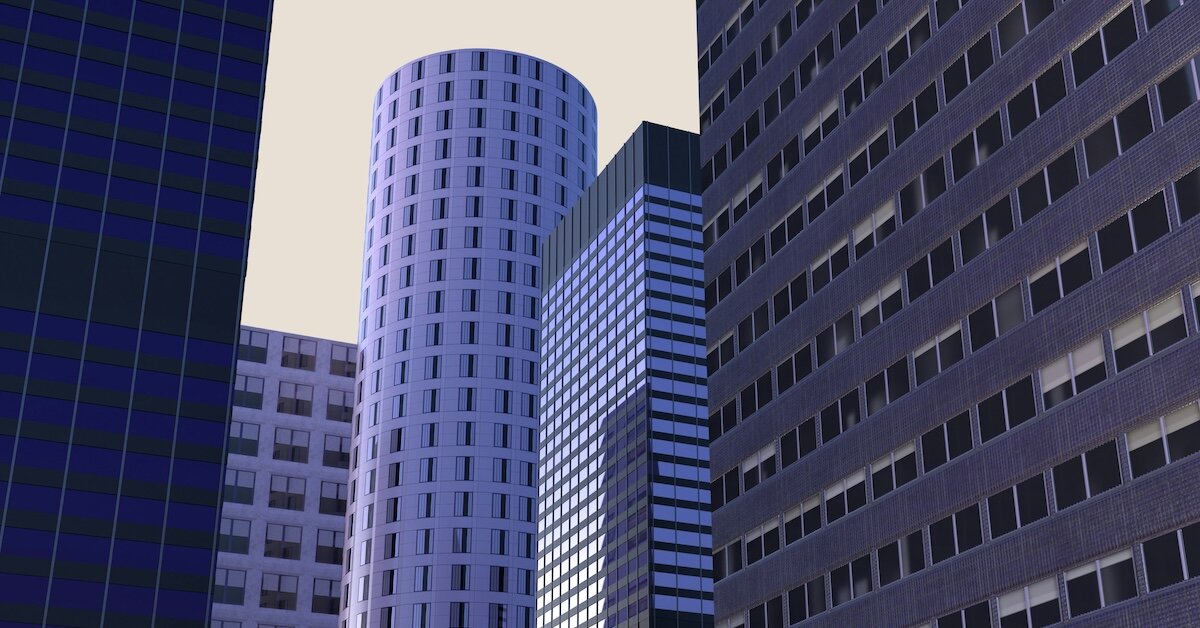
If you’re a smart commercial real estate investor, you probably know many ways to maximize your advantages. You can read the market and parse the densest financials, and you’ve built a well-established support network of attorneys, property managers, contractors, and a low commission real estate agent to bring you deals.
But you may not know that you can get some help from the feds for your commercial real estate investments, too. It comes in the form of a federal Small Business Administration (SBA) loan to buy and upgrade your real estate investments. These loans generally come with very low interest rates and favorable terms – and you can very likely qualify for them, even if you’re just a lone investor with a building and a dream.
Let’s take a closer look at these loan types and what commercial real estate loan seekers investors should know about qualifying and applying for one.
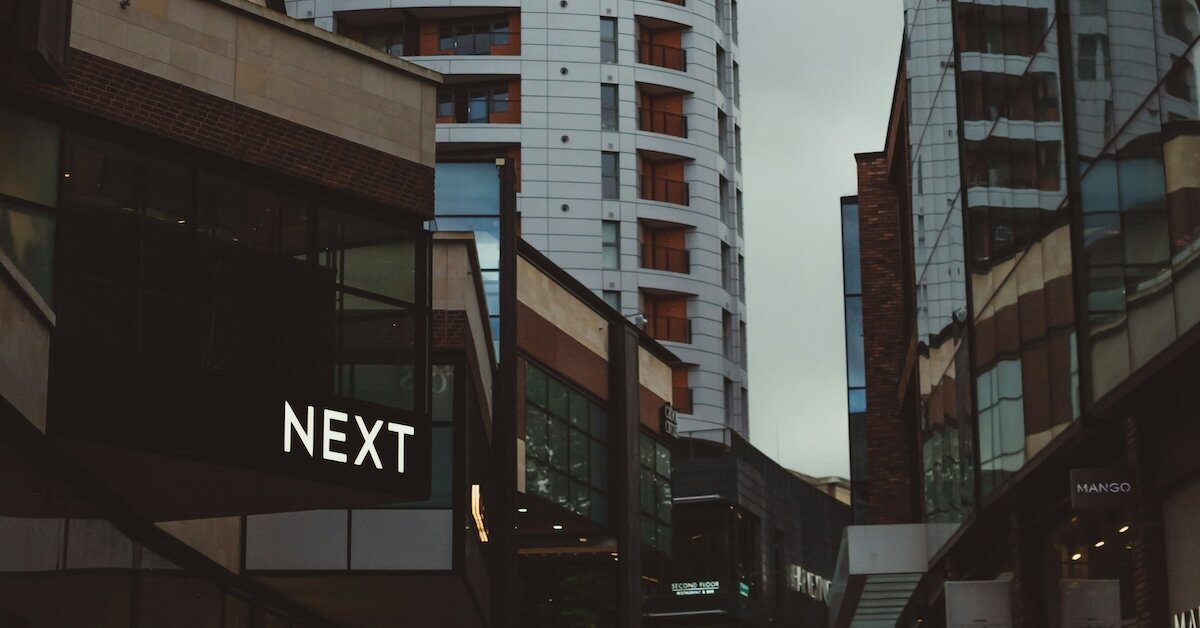
Who Can Qualify for an SBA Loan
If you’re buying real estate, it might sound counterintuitive to suggest getting a small business loan to fund your investments. After all, you may think of yourself as an investor, not a small business. However, you likely meet the SBA’s definition of a small business.
If you’re a sole proprietorship, partnership, or incorporated, you’re technically a business, and whether you’re small depends on the number of employees you have (under 500 is the usual requirement) and your average annual receipts. For real estate businesses, the upper limit is $15 million a year. If you haven’t been in business for at least five years, there’s a formula that helps you extrapolate what your average would be.
There are a few other conditions, too. Your business must be organized for profit, operate primarily in the U.S., be independently owned and operated, and not be dominant in your field nationally.
If you do qualify as a small business, the loan qualifications are relatively straightforward and probably familiar to you from seeking other forms of financing, including personal loans. If you’ve been in business for two years, are located in the U.S., have a credit score of 690 or higher, and are otherwise on firm financial ground, you’ll probably breeze through the SBA loan process.
There are also some project-specific requirements. If your real estate investment is an existing property, it must be at least 51% owner-occupied, and if it’s new construction, it must be at least 60% occupied. One of the two main types of loans (the SBA 504 loan) also comes with specific job creation and policy requirements, which we’ll touch on in more detail below.
If you meet all the requirements for an SBA loan, you can apply through conventional financial institutions, such as banks, credit unions, and even Certified Development Companies (CDCs). If you’ve already worked with a bank on financing for other projects and have a good working relationship with them, they should be your first stop. The SBA can help match you with an appropriate commercial lender if you don't have a preexisting banking relationship.
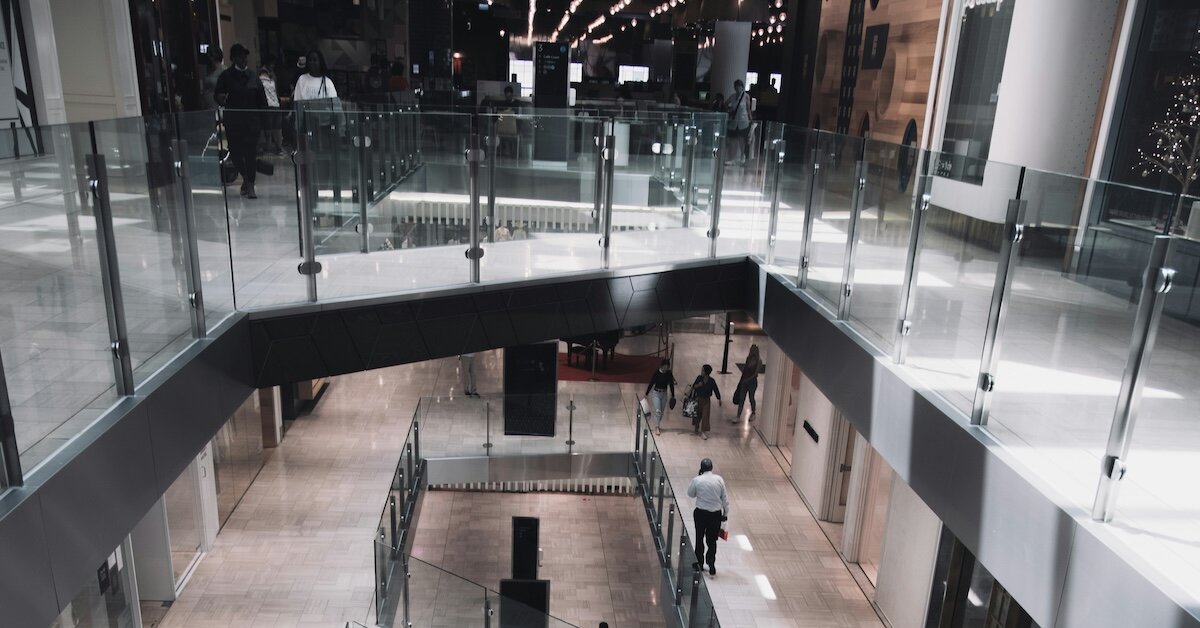
How to Apply for an SBA Loan
The SBA loan process is similar to most other loan applications. You’ll have to submit detailed personal financial information, including both personal and business tax returns, copies of your business license, and a financial statement for your business.
If you’ve already targeted a specific property to buy with your SBA loan, you’ll also need to submit an appraisal of the property, a detailed cost breakdown, an environmental report, and any purchase agreements that you already have in place.
SBA loan approval can take up to ninety days, so if you need a fast business loan on short notice, you may need to look elsewhere.
The Two Types of SBA Real Estate Loans
Commercial real estate investors can take advantage of two different loan programs through the SBA: the 504 loan and the 7(a) loan.
The 504 Loan
The SBA 504 loan is intended for real estate purchases (including land, buildings, or improvements to land or buildings) or large equipment purposes. Commercial real estate investors who want a 504 loan will have to put 10% down, though if you’re a new business or using the loan for what the SBA designates a “special purpose” property, you may have to put down up to 20%.
The rest of the loan comes from a conventional lender like a credit union or bank (50% of the total balance) and a Certified Development Company (CDC) (40% of the total balance).
While there is no overall maximum for a 504 loan, the CDC portion is usually limited to $5.5 million at most.
When it comes to the interest rate you’ll be paying, it can get slightly trickier. Each portion is subject to different rates. The part from the conventional lender will have its rate set by the bank (though the SBA does place an upper limit on this rate), and the CDC portion will have a rate dependent on five- and ten-year U.S. Treasury notes.
Real estate purchases qualify for 20- or 25-year repayment terms, while equipment purchases must be repaid in ten years or less.
Lastly, 504 loans are subject to job creation requirements and policy goals that the SBA will specify. If you can’t meet these requirements or simply don’t want to, you might want to consider a 7(a) loan.
The 7(a) Loan
The SBA 7(a) loan is the most common type of SBA loan, at least partly because it doesn’t come with conditions attached. Similar to the 504 loan, it can be used to purchase land or buildings, improvements to land or buildings, or equipment. It can also be used for new building construction or as working capital.
The main difference between the 7(a) loan and the 504 loan is that the 7(a) loan comes entirely from a participating conventional lender like a bank or credit union. Consequently, the interest rate you pay on the loan is going to be a little higher; for a 7(a) loan, it’s based on the prime rate plus a premium that’s subject to SBA limits. If you’re pursuing a 7(a) loan, it’s a good idea to comparison shop for the lowest rate, just as you’d browse around for the brokerage charging the lowest commission.
Repayment terms are identical to those of the 504 loan: up to 25 years for real estate loans and up to 10 years for equipment and other uses. The 7(a) loan maximum is $5 million, but most are far less than that. The 2023 average was just under $480,000.
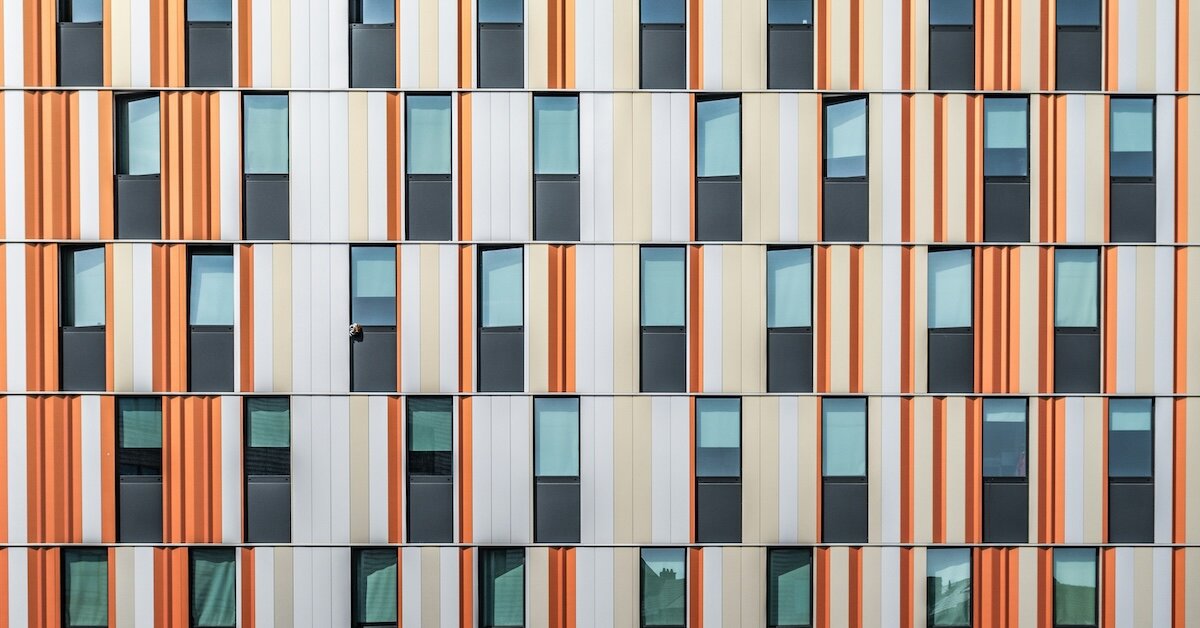
Should You Use SBA Loans for Commercial Real Estate?
SBA loans offer commercial real estate investors a valuable opportunity to secure favorable financing for their projects. By leveraging these government-supported loans, investors can benefit from low interest rates and flexible terms, whether they are purchasing new properties, upgrading existing ones, or even funding construction projects.
Understanding the qualifications and application process is crucial, as is deciding between the two primary SBA loan types—504 and 7(a) loans—each with its unique benefits and requirements. With this knowledge, commercial real estate investors can confidently explore SBA loans as a strategic tool to enhance their investment portfolio and achieve their business goals.
When you’re ready to invest, find your next property on Crexi.

Ben Mizes is the Co-Founder and CEO at Clever Real Estate, the nation’s leading real estate education platform for home buyers, sellers, and investors.









